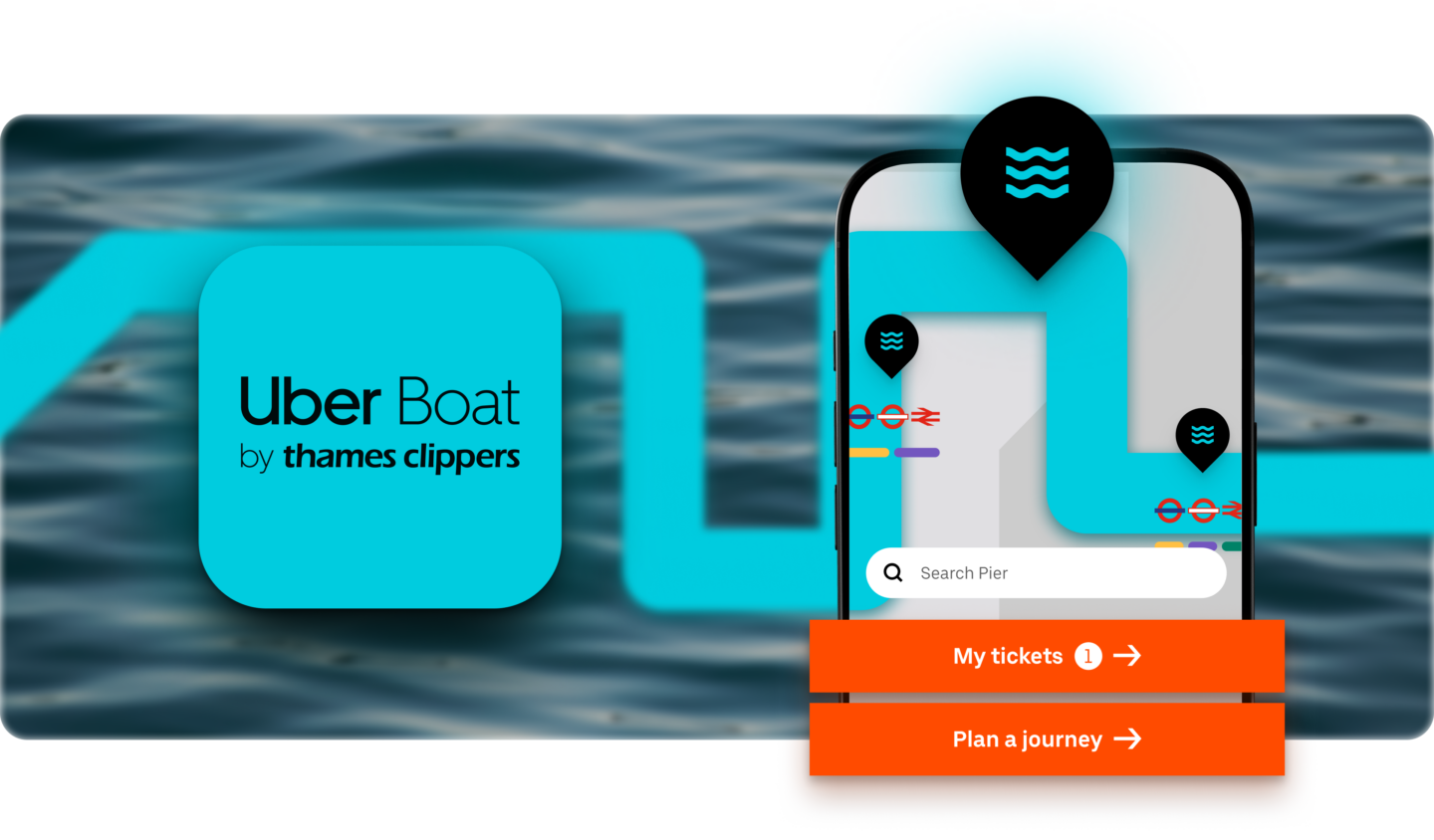





Unless you’ve been living under a rock for the last decade or so, you’ll be aware that the way we work is changing. Flexible working has been adopted with increasing momentum, and the benefits have been well documented. From the clear-cut quantitative successes of cost saving, less absenteeism and increased productivity, to the more holistic benefits of a greater sense of wellbeing.
Increasingly, prospective employees are looking into the value that a company places on lifestyle quality, not just salary package, and as the modern worker’s motivations are changing, organisations are having to pay attention to the full scope of their offering in order to attract and retain the best talent. (If you want to read more on this, I’d highly recommend my colleague’s excellent article on the topic).
For this digitally enabled workforce, the office is no longer a strategic asset. Many organisations have turned instead to co-working spaces, approaching their HQ in much the same way as a lean start-up would. There are approximately 35,000 flexible workspaces internationally and in London alone flexible workspaces are expected to reach 3.0 million square feet in 2020. It’s no surprise, therefore, that the global market value of flexible workspaces is estimated at a massive $26 billion. But what’s the impact of this?
Flexible working is not only disrupting the real estate industry, but how we view our offices, our jobs, and our time.
As an agency, Brandwidth operate within an industry ‘historically beset with presenteeism’. The service industry packages their offering by charging for time – and the associated skillset required – to deliver a piece of work. Alongside this, there is an expectation from clients for those delivering a particular service to be on hand and contactable. Being present within a defined office space during mutually agreed hours thus holds perceived value, complicating the implementation and maintenance of a flexible working policy.
And it’s not just clients who note the absence of employees in the office. As an agency, we view our office space as a central hub of creativity, problem solving, and teamwork. It’s challenging enough getting the right people together in one room when the office is full – when half of them are working remotely, this makes consensus and progression even harder.
At Brandwidth, we use a number of digital collaboration tools to combat this issue and facilitate remote working. In fact, our R&D team are currently developing the ‘Brandwidth App’, which allows us to quickly see whether our teammates are with clients, working from home, or in one of our international offices, to save us from calling someone who is off sick or on vacation.
But to what extent is this negating the need for conversation and connection to communicate plans and ideas?
Being fully engaged at work depends on the extent to which you feel part of a team.
The best ideas often happen during informal face to face interactions – gathered around the coffee machine in the morning or sharing a walk to the station on your way home. Speaking to my peers who freelance or work within co-working spaces, I often feel incredibly grateful and lucky for the office community we have, an opinion that Campaign has recently explored using Publicis Media as a case study. But when certain days verge on post-apocalyptic with their dearth of attendees, even the most social of creatures lose the motivation to journey into work.
Much like healthcare professionals encourage us to keep electronic equipment from our bedrooms in an effort to delineate one’s sleep space, the lack of definition that flexible working facilitates can lead to a problematic blurring of boundaries between work and personal life, to the detriment of both.
Employees who work flexibly are found to demonstrate greater loyalty and commitment to both their tasks and the organisation as a whole. Frequently this will result in a willingness to work longer hours, creating a habit of taking work home, even on days when one is in the office. This tendency to work longer hours, creating an overlap between paid work and personal life, when taken to extremes can risk negative health and wellbeing consequences.
Taking on an increased workload is by no means the only culprit here, the ‘potential for occupational stress to be increased as a result of work intensification, conflicts with co-workers, and disrupted information flow’ is also highly problematic. Organisations need to adapt as flexible working in all its forms takes over the way in which we structure our professional lives. To mitigate the risks of miscommunication and overwork, companies need to create community irrespective of location, and foster this community to enable a new kind of teamwork to thrive.
The answer? Focus on your people.
Like almost every other business challenge, it appears that communication is key. Flexible working came about to make life better for workers, and it’s still in its teething phase. We have a responsibility to ourselves, our colleagues, and our organisations to communicate what we require in order to do our jobs to the best of our abilities.
I would argue that we need to ask that our managers upskill themselves in order to more effectively deal with geographically disparate teams. I believe that we need to prioritise face to face meetings for significant conversations; and if you’re going to be hungover on a Friday, for god’s sake come into the office so we can hear about your night.



Connected commerce that scales. We design, engineer, and enable seamless ecosystems that connect channels, people, and performance, and convert across every touchpoint.
Learn more